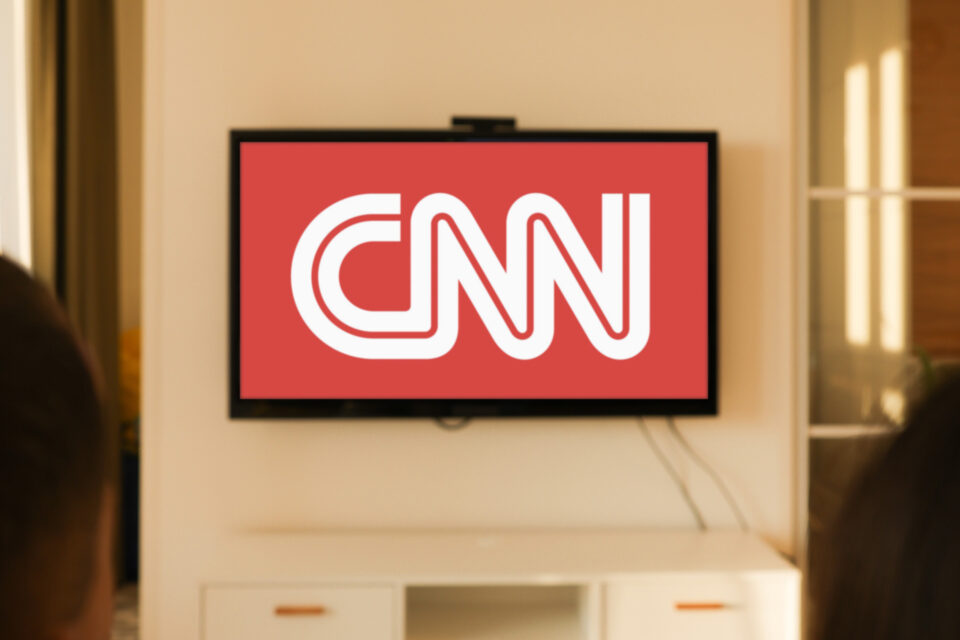DSI Researcher Susan McGregor Discusses Chris Cuomo's Ethical Challenges at CNN with The Guardian
August 16, 2021

When New York governor Andrew Cuomo agreed to step down last week over sexual harassment allegations, attention shifted to his brother Chris.
Despite promising to maintain journalistic distance from his brother’s travails, the CNN presenter is accused of serious ethical violations, including apparently advising the governor and his staff during the harassment scandal and alleged cover-up of nursing home deaths; receiving special access to Covid-19 testing; and lecturing viewers for breaking his brother’s quarantine rules while breaking them himself.
Data Science Institute associate research scholar Susan McGregor connected with The Guardian to discuss the shift in American cable television news away from news reporting towards highly profitable “info-tainment” during which hosts are subject to different journalistic standards.
In America the very concept of press regulation is unthinkable to many.
But if journalists are the watchmen of democracy, who watches the watchmen? And in the age of dangerous disinformation, should there be a clearer separation about what is news and what isn’t?
“That is the $64,000 question,” said Susan McGregor, a researcher at Columbia University’s Data Science Institute and former assistant director of the Tow Center for Digital Journalism.
“There’s huge concern that if we start telling people who is and isn’t a journalist it’s a step towards restricting freedom of speech or the press.”
She added: “I don’t think everything at CNN is tainted, but they need to be more transparent. What really rankles … is claiming the prestige of an ethical standard, whilst simultaneously subverting it.”
Read More: Chris Cuomo’s ethical troubles at CNN highlight rise of ‘info-tainment’